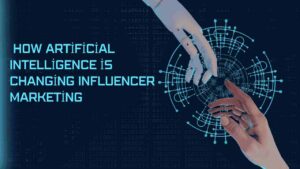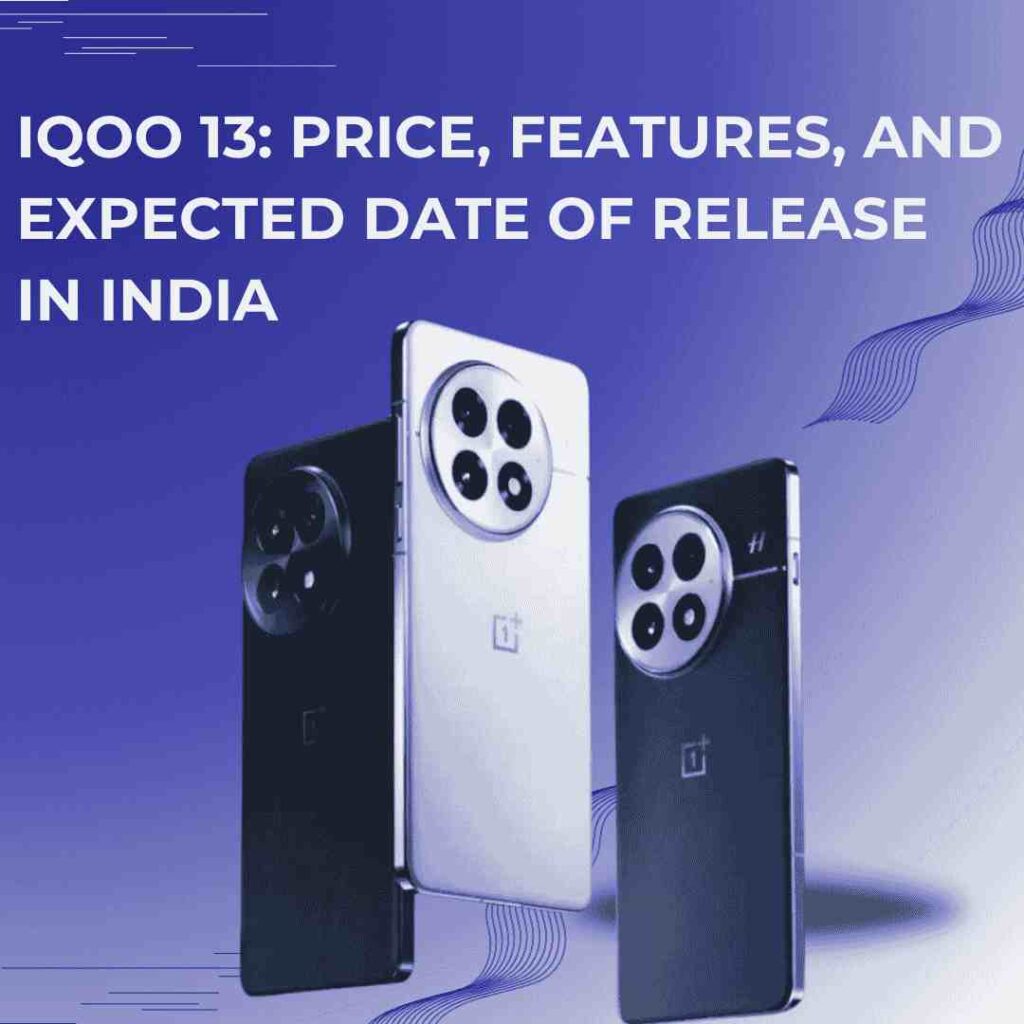Meta, which always tries to set trends in using social media, is seeking to expand the use of artificial intelligence (AI) in influencer materials. In the recent Meta Connect 2024 event, the firm revealed its daring perception of how this technology could redesign social media content. The demos showcased much potential – from bringing influencers back as AI avatars to seamlessly translating the videos into other languages. In this article, you will get to know about how AI is changing influencer Marketing.
READ MORE: Meta Signs Paid Agreements with News Publishers as AI Evolution.
Table of Contents
Here is How AI is changing influencer marketing:
AI-Generated Influencers: Content Creation in the Future
Perhaps one of the highlights of Meta Connect 2024 was when the company showcased how it was possible to build artificial influencers. Meta’s Mark Zuckerberg then went on to showcase a live demonstration where the copied influencer AI was able to mimic the actions and responses of a real AI influencer. It was not just an animated character; it was a digital extension of the influencer in question, and yet, somehow different.
Just think that being able to interact with the people you like, even if you cannot see them in person. Thus, AI personas can be seen as to enable creators to always be available on the networks and communicate with fans whenever possible. Making a kind of an AI version of an influencer means that the creator can set up an algorithm which answers questions or gives updates for example, thus increasing the efficiency of interaction with the audience and giving the creators time to work on other projects.
Increasing Engagements through Multilingual AI Dubbing
What’s particularly interesting is that Meta isn’t just going to stick with AI-generated influencers alone. Another tool that the company currently has in its development pipeline is artificial intelligence based video dubbing. From a speech today, Zuckerberg revealed a new feature of Reels, Meta’s short video, where Reels can be translated to another language but keep the original voice of the creator. This was done through Spanish-speaking influencers whose videos were subtitled in English with the spoken words, and the lip movements, in tandem.
This tool is very useful especially for creators who are intending to expand their market share internationally. Poor translation has always posed a hindrance to how these influencers communicate with their audiences in other languages. However, in AI-based dubbing, the content in one language can be easily translated into another language without losing its originality as a creator’s voice or style.
For applications such as Instagram and, especially, Facebook, which are built largely upon the basis of user-generated content, such technology could help boost engagement dramatically by enabling individuals with limited understanding of a foreign language to consume the content. It has become possible for creators to have a huge following of more diverse people while audience can watch videos in the language of their choice without subtitles or translation that sometimes may feel quite unnatural.
The Impact on Social Media Platforms: Meta’s Competitive Edge
AI-maker influencers and multi-language dubbing are not only to improve Facebook’s usability, but also to outcompete other platforms. TikTok and YouTube among other social media platforms have been apparent and have developed rapidly due to short form videos and international users. Despite the fact that both platforms have commonly used and invested in translation and dubbing technologies, Meta’s version goes a step ahead and is centered on interaction and integration.
Meta proposes AI personas that helps influencers to work beyond the language barriers and already with a constant presence in the market the company takes the necessary steps to become an industry leader in social media. It also makes sense given that the company’s primary goal in Reels is to reach a global audience for content to keep them engaged within other apps that it owns rather than switch to other apps.
How AI Assist Creators to Achieve More Efficiency and Effectiveness
Time is a valuable commodity for anybody developing content. With shooting, cutting, and interacting with the viewers, the amount of work can just pile up at some point. Meta’s new tools implemented AI to make it possible for the content creators to work with less intervention from them thus freeing up their time.
The sarcastic personas created by AI eliminate the limitations placed on influencers, claiming that they must always be active online to remain so. The AI is capable of giving greetings as well as answering individual’s questions, giving feeds in comparison with the creator’s natural language and tone. This can dramatically decrease work exhaustion and allow influencers to spend even more time on major important projects.
The Bigger Picture: The Role of Artificial Intelligence in Content and Social Network
Meta’s AI-generated advancements are preparing the fundamentals for the next generation of content generation that will be faster, more targeted, and more open. This is just the start with concepts such as AI personas and multi language dubbing. I believe these tools are capable of revolutionizing the way influencers communicate with their followers, how brands relate to content creators, and how content travels across borders.
Conclusion
Offering AI to power the future of social media, Meta has one of the most interesting perspectives for influencers and content creators. By utilizing the AI personas and latest technology in dubbing, influencers can always be around and address target markets around the world without Pure Line Break. These innovations are not only good news for producers but also for consumers – each of them can await more individualized and easy-to-comprehend material.














1 thought on “Meta’s Ambitious Vision: How AI is Changing Influencer Marketing”